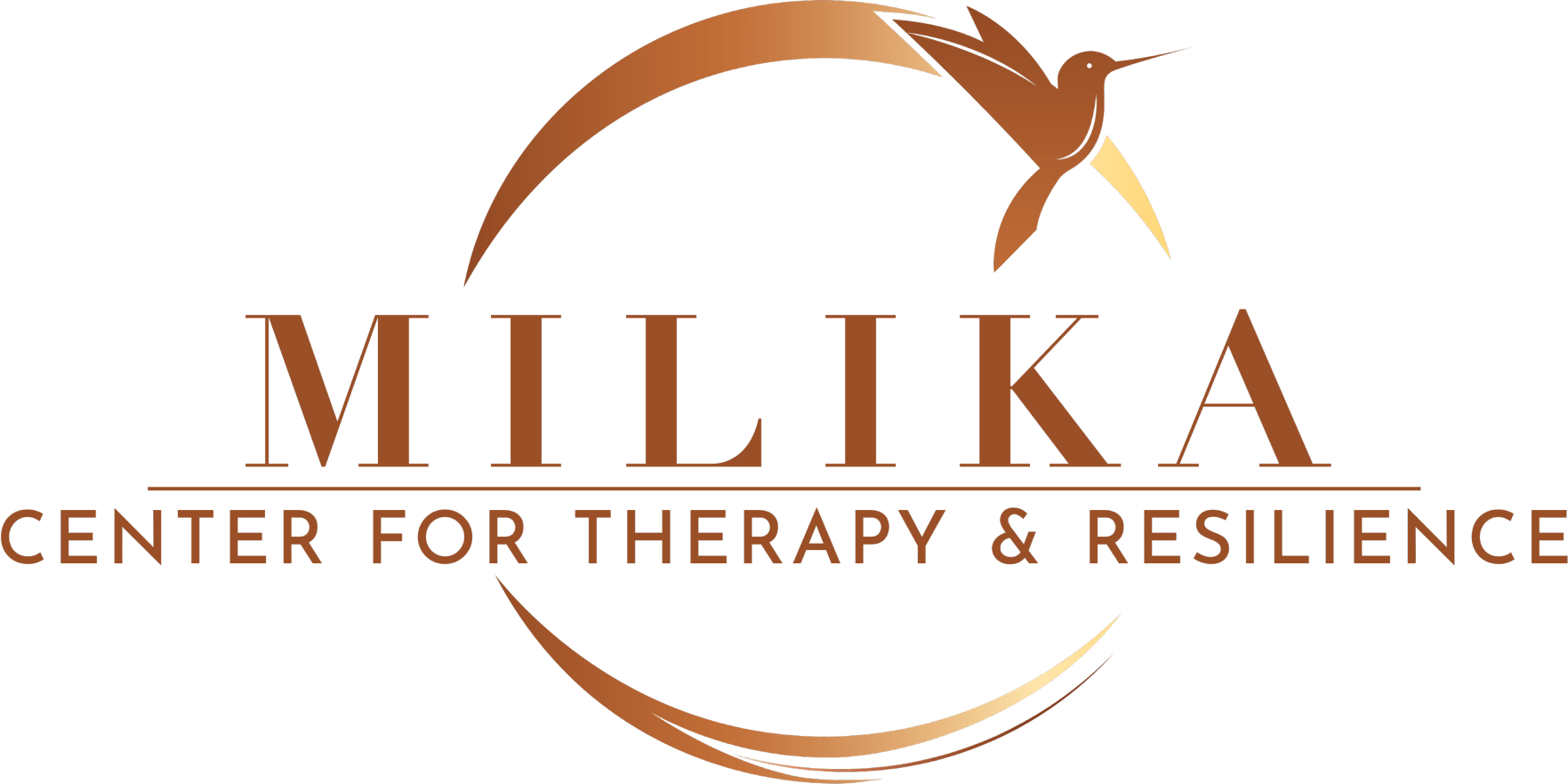Understanding Perinatal Mood and Anxiety Disorders (PMADs): A Guide for New Parents
Welcoming a baby into the world is often described as one of life’s most joyful experiences, but for many new mothers, it can also be a time of unexpected emotional distress. Perinatal Mood and Anxiety Disorders (PMADs) are a group of mental health conditions that can affect individuals during pregnancy and the postpartum period. These disorders are more common than many people realize, yet they often go undiagnosed and untreated due to stigma or lack of awareness.
 Baby Blues vs. Postpartum Depression and Anxiety: What’s the Difference?
Baby Blues vs. Postpartum Depression and Anxiety: What’s the Difference?
It’s normal for new mothers to experience shifts in mood after childbirth due to hormonal changes, sleep deprivation, and the demands of caring for a newborn. This temporary emotional state, often called the “baby blues,” affects up to 80% of new mothers and typically resolves within two weeks. Symptoms may include:
- Mood swings
- Tearfulness
- Irritability
- Fatigue
- Feeling overwhelmed
When these symptoms persist beyond two weeks, intensify, or interfere with daily functioning, a more serious condition such as postpartum depression or postpartum anxiety may be present. Unlike baby blues, PMADs require professional support and intervention.
Who Is Most at Risk for PMADs?
PMADs can affect anyone, but certain factors increase the risk, including:
- A history of depression, anxiety, or other mental health conditions
- Traumatic birth experiences
- Lack of social or emotional support
- Sleep deprivation
- Significant life stressors (financial concerns, relationship challenges, etc.)
- Hormonal fluctuations
- A personal or family history of PMADs
Common Signs of PMADs
Recognizing the symptoms of PMADs is crucial for early intervention. These conditions can manifest in different ways, including:
Postpartum Depression:
- Persistent sadness, hopelessness, or feelings of emptiness
- Loss of interest in activities previously enjoyed
- Difficulty bonding with the baby
- Changes in appetite and sleep patterns
- Thoughts of self-harm or harming the baby (which require immediate support)
Postpartum Anxiety:
- Excessive worry about the baby’s health and safety
- Racing thoughts and difficulty relaxing
- Panic attacks
- Physical symptoms like dizziness, heart palpitations, or nausea
- Sleep disturbances due to intrusive thoughts
Postpartum OCD or PTSD:
- Intrusive, distressing thoughts
- Compulsive behaviors aimed at reducing anxiety
- Flashbacks or nightmares related to childbirth trauma
Why Support is Essential
PMADs not only impact a parent’s well-being but can also affect the infant’s development and overall family dynamics. Seeking support is not a sign of weakness but a necessary step toward healing. With the right interventions, recovery is possible, and parents can find joy and confidence in their new role.
Ways to Improve Mood and Emotional Well-being
If you or a loved one are experiencing symptoms of a PMAD, consider the following strategies to help regulate mood:
- Prioritize sleep: Sleep deprivation can worsen symptoms. Accept help from loved ones to ensure rest.
- Nourish your body: A balanced diet with adequate hydration can support mental and physical well-being.
- Engage in movement: Gentle exercise, such as walking or postpartum yoga, can help reduce stress.
- Practice mindfulness: Deep breathing, meditation, and grounding techniques can help manage anxiety.
- Connect with a support system: Talking to other parents or joining a support group can reduce feelings of isolation.
How Therapy Can Help
Therapy provides a safe and supportive environment to process emotions, learn coping skills, and develop strategies to navigate parenthood with confidence. At Milika Center for Therapy & Resilience, we offer specialized perinatal mental health support, including:
- Cognitive Behavioral Therapy (CBT): Helps challenge negative thought patterns and develop healthier coping strategies.
- Mindfulness-Based Interventions: Reduce stress and increase emotional resilience.
- Support for Partners: PMADs affect the whole family, and we offer guidance for partners and loved ones as well.

You Are Not Alone—We Are Here to Help
If you are struggling with postpartum depression, anxiety, or any other perinatal mental health concern, know that help is available. Seeking support is an act of strength, and with the right tools, you can navigate this challenging period with greater ease.
At Milika Center for Therapy & Resilience, we specialize in supporting new parents through evidence-based therapy and compassionate care. Contact us today to learn how we can help you on your journey to recovery and well-being.

